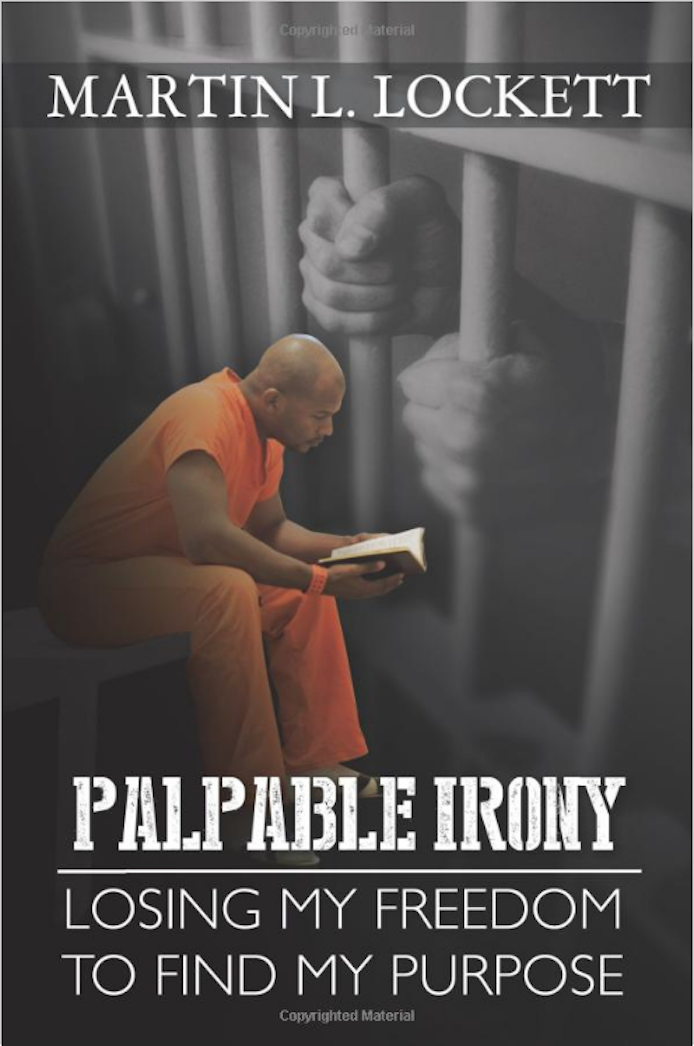It was a frigid Tuesday morning in January when the van I rode in pulled up to the prison in eastern Oregon. From a distance it resembled more of an insane asylum than a prison, with its dingy-colored concrete exterior and brick-colored metal rooftop. Intimidating, imposing, and inhumane are all adjectives that readily come to mind as I recount that fateful day.
Myself and four or five other captives rode the two-and-a-half hour ride in white jumpsuits, no undergarments – aside from the briefs that felt two sizes too small – and a pair of orange rubber sandals on our sockless feet. I recall how excruciatingly uncomfortable it was to be handcuffed with one hand positioned atop the other, unable to scratch my forehead without contorting my entire upper body to make the reach feasible. It was during that long, agonizing ride that I felt utterly helpless, hopeless, and defeated for the first time in my 25 year-old life.
The next day, along with everyone else, I exited the packed dorm in a hurried frenzy when “yard line” blared over the unit’s PA system. As I walked around the large track, I intently surveyed my new surroundings. Guys vigorously lifted weights in small groups that were apparently separated by race or gang, while others intensely (probably more so aggressively) played basketball on courts that, I later found out, were also designated by race and/or gang. Other inmates casually, yet purposefully, walked in pairs around the track discussing their thin hopes for an appeal or how their relationships with girlfriends or wives were fast deteriorating with each passing day. It was truly despairing scenery; one that would also be mine for the next decade-plus.
The thought of embracing a monotonous, day-in, day-out, year-after-year empty existence for the next seventeen and a half years depressed me. I could not fathom my young life wasting away in this fashion. With each successive lap I made on the track that cold winter day, I began to assess where my life had ended up, how my “small” decisions years ago ended up escalating into larger, more costly ones, and how this had been the culmination of a pattern of bad decisions I’d made over the years. But I also defiantly refused to let my train of thought end there. I determined I was going to begin to change my life’s narrative – but how? What exactly was I going to do about it?
I decided the very first order of business in this long, arduous process was for me to pick apart my life – patterns of behavior, thought processes, insecurities, and other character flaws that were at the root of my addiction, and every known character defect I exhibited throughout my life. I would examine these issues and confront them – one by one – over the next seventeen and a half years. I, without question, understood the gravity of that pivotal moment in my life. I’d finally hit my lowest, most vulnerable point in life that day as I took in the grim totality of my circumstance.
I resolved during those two hours I spent walking around the track that I’d diligently commit myself to working on my flaws so I would leave prison a healthy, proud, intelligent, mature man that society and my family could respect. I knew it wouldn’t be easy, not by any stretch, but I knew I had no other choice if I was going to salvage the rest of my life by bringing meaning and purpose to my future – regardless of where I physically was.
It’s now been nearly twelve years since that cold winter day, and although I am not perfect in overcoming all the shortcomings I’ve identified within myself, I’m highly encouraged and proud to say I’m far from the young, selfish, insincere “kid” who entered prison almost twelve years ago. I’m also very proud to say I’ve earned a Certificate of Human Services from Louisiana State University, an AA from Indiana University, and a BS in Sociology (Magna Cum Laude) from Colorado State University – Pueblo. Moreover, I’m currently five classes from receiving a Master of Science in Psychology from California Coast University. My goal is to use this tumultuous experience, my education, and background to counsel inner-city, impoverished adolescents who struggle with the many issues that are endemic in those communities.
I have asked friends in here and family outside to hold me accountable when they see me exhibiting some of the undesirable behaviors I’ve made a conscious effort to eradicate. I can readily admit that I couldn’t have developed the more respectable character that I possess today had I not had their unrelenting support along the way. I could not have gotten beyond my own selfishness to pursue a career that is of service to others had it not been for their encouragement and commitment to me through this process. After all, they are an important part of my motivation for wanting to be the best version of Martin I can be.
I’m still not where I want to be in terms of how I respond to or perceive certain situations, but I’m not where I was many years ago either. I’ve learned that the key to my success is to not allow myself to get complacent in this effort; to not reach the conclusion that I’ve done “enough” because I’ve made substantial progress thus far. I’ve told myself this mentality would be a compromising one that would cripple me from reaching my fullest potential. And how sad it would be to have gone through this immense hardship just to settle for mediocrity and leave opportunity for growth on the table. This situation mandates all my effort to correct what brought me here and use what I’ve learned to help prevent others from following in my costly footsteps. My growth would need to be continuous … lasting a lifetime.
For many people, it becomes true that life’s most difficult circumstances ignite a period of grief followed by resolve and tenacity they never knew they had. But it took a remarkable challenge of profound consequence to bring about their ability to be resilient and productive in the face of adversity. Psychologists have coined numerous terms to refer to this mindset, but in layman’s terms we simply call it rock bottom.






0 Comments
Trackbacks/Pingbacks